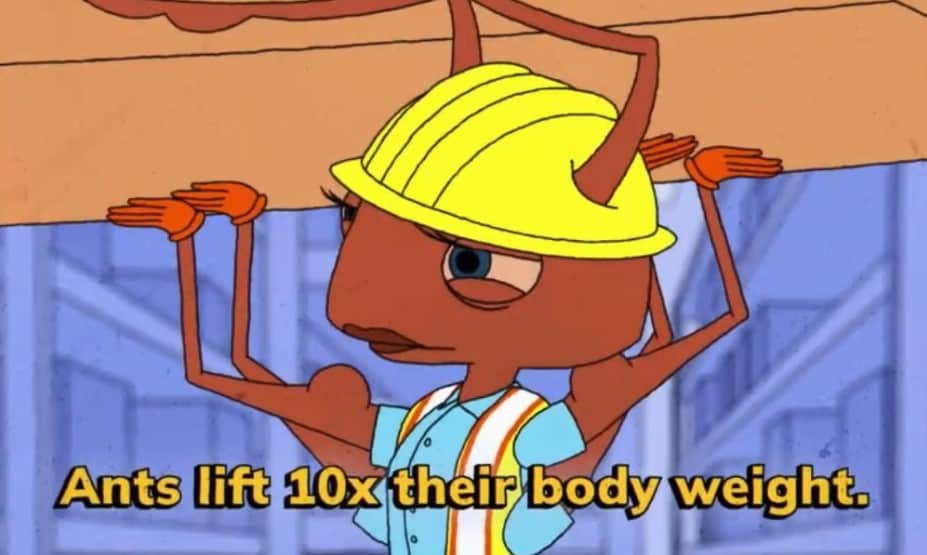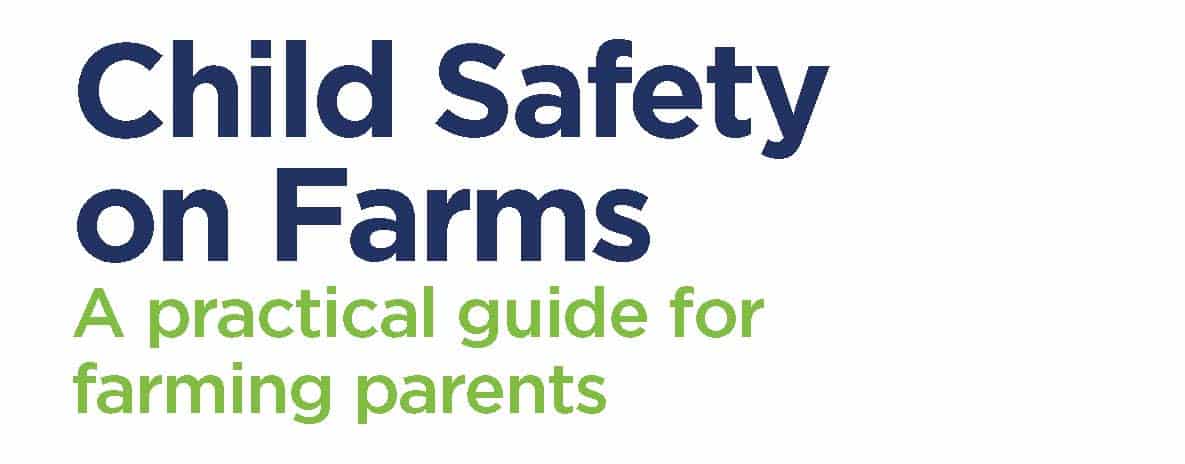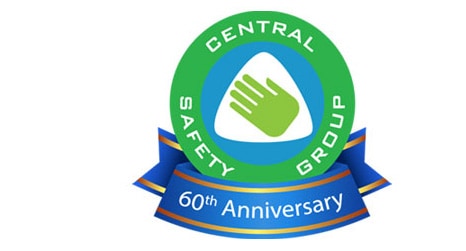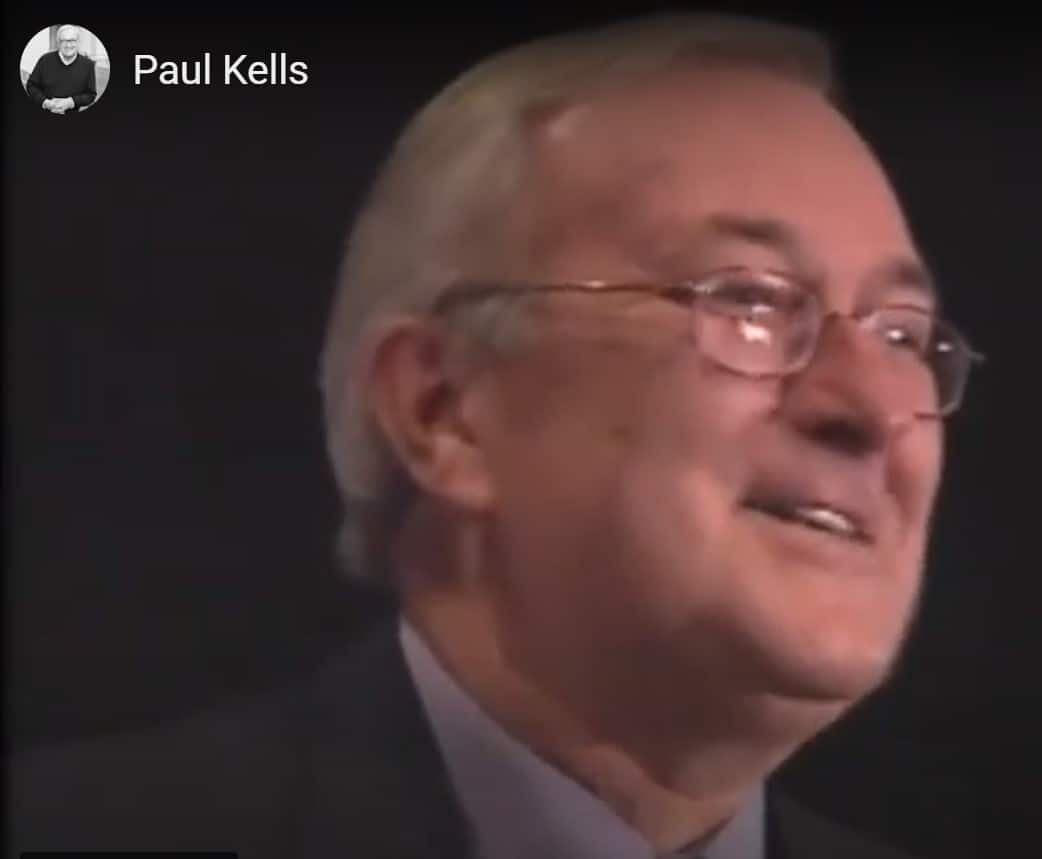On February 11, 2024, the Insiders program had a curious discussion on the Right-To-Disconnect. Different generational perspectives, industry perspectives, and a curious denial were present.
Last week, the Australian Parliament passed workplace relations legislation that included a Right-To-Disconnect.
Insiders’ host, David Speers, asked Jacob Greber of the Australian Financial Review to explain the probable workplace changes (it was a poor summary):







